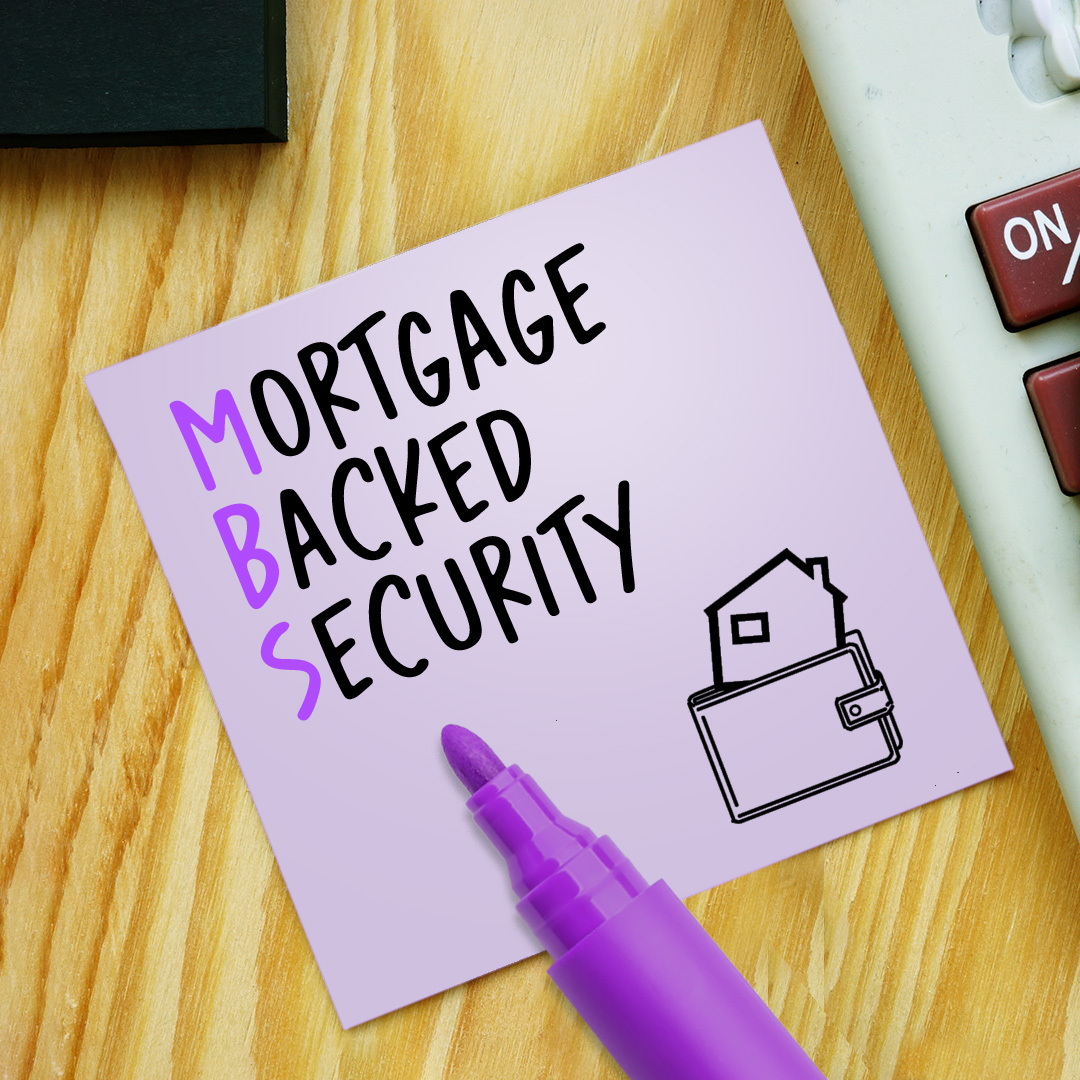Let’s face it – sometimes life gets hard. It’s when you bounce back from a rough time that you can make a stronger, better outcome for yourself. If one of those hard times for you has been filing for bankruptcy, and you’re worried because you want to buy a house, know that YES, it’s still possible for you to make your dream of homeownership a reality.
In fact, a bankruptcy filing can be the first step toward homeownership — you may not even have to wait until the bankruptcy is over before buying a home. Say whaaaat? Factors that will determine your eligibility include your type of bankruptcy, the lender you choose, and your credit report.
Let’s talk about the bankruptcy types that you can work with and still become a homeowner.
Chapter 7 Bankruptcy
A Chapter 7 is also known as a liquidation bankruptcy. It’s common for a Chapter 7 to:
- Release you from personal liability for most debts.
- Prevent creditors from taking collection action against you.
- Sell your nonexempt assets to pay your unsecured debts (though assets that fall into this category are rare for a Chapter 7 filer).
- Stay on your credit report for 10 years (but that doesn’t mean you have to wait 10 years to qualify for a mortgage!).
You will often have to wait for a Chapter 7 bankruptcy discharge before getting a mortgage, which usually happens four months after filing for the discharge itself, according to Forbes Advisor.
Chapter 13 Bankruptcy
A Chapter 13 creates a repayment plan for you. In a Chapter 13:
- The repayment plan consolidates and pays a portion of your unsecured debts.
- Plans are often three or five years long, depending on what’s affordable for you at the time.
- You’re considered debt -free at the end of the repayment plan.
A Chapter 13 is overseen by a bankruptcy court, and any new loans you take out during your repayment time must be approved by the court. If it makes financial sense for you, the court will approve a new home loan, making the Chapter 13 possibly your top choice if your goal is to buy a home as soon as possible.
Best Mortgage Types for You
You’re starting to recover from a filed bankruptcy, and now you want to buy a home. The most expedient loan types for you are government-backed ones, like an FHA, USDA, or VA loan. A conventional loan approval takes longer in bankruptcy situations. Let’s dig a little deeper.
FHA Loan
Lenders who offer this product type have specific rules to follow to ensure that the loan meets the specific criteria of the FHA. Someone who is going through Chapter 7 bankruptcy needs to show that a discharge occurred more than two years before getting approval on their loan application. A person who is going through a Chapter 13 bankruptcy is eligible for n FHA mortgage loan if they have one year of on-time repayments and mortgage application approval from their bankruptcy court.
VA Loan
VA loans have the same bankruptcy waiting periods as FHA loans. That is, you must wait two years after a Chapter 7 discharge, or one year after the filing date in a Chapter 13 bankruptcy.
USDA Loan
USDA loans are available for lower-income applicants in qualifying rural areas. The waiting period for loan approval after bankruptcy is a little different from FHA loans and VA loans — three years after the discharge in a Chapter 7 bankruptcy and one year after the discharge in a Chapter 13 bankruptcy.
Conventional Loans
A conventional mortgage loan is not backed by a government agency, and so it doesn’t provide the same benefits as a FHA, VA or USDA loan in a bankruptcy situation. Though a conventional loan is the most common type of mortgage, when you have faced a bankruptcy, it may be harder to meet the requirements of this type. This is because instead of being backed by the government, they’re originated, backed, and serviced by private mortgage lenders like banks and credit unions, who tend to be more conservative on their requirements.
Credit Scores and Bankruptcies
Bankruptcy is NOT a permanent black mark on your credit report! In fact, you can use your credit score to your advantage! It can show lenders that you’ve been able to meet all your required payments on time, have been paying down and limiting your debts, and can manage credit responsibly.
Here are the minimum credit scores to reach for, depending on the loan product you want:
- FHA loans need a minimum credit score of 500 with at least 10% down; or 3.5% down if you have a credit score of 580+.
- VA loans have no minimum credit score requirements, but lenders who offer VA loans may make their own requirements, which commonly fall between 580 – 620.
- USDA loans will be streamlined if you have a score of 640 or above, but this isn’t a necessity; if your credit score is below that, they’ll determine if you’re an acceptable credit risk.
- Conventional loans require a credit score or 620 or higher.
Letter of Explanation
Your lender may also ask for a letter of explanation — after all, your credit report doesn’t tell the whole story. If you’re asked for this, here are the details to include:
- The date when you filed for bankruptcy and the type of filing.
- The reason why you filed for bankruptcy (and evidence of that reason).
- An explanation of your change in circumstance that now makes it possible for you to afford a mortgage and the expenses that pair with homeownership.
The bottom line
Bankruptcy doesn’t prevent you from buying a home, period. Bankruptcy is meant to help free you from certain debts and give you a fresh start. If you’ve filed for bankruptcy in the past, owning a home may seem difficult to achieve. Just know that it’s still possible regardless of whether you’ve filed for Chapter 7 or Chapter 13 bankruptcy.
The good news is that the debt relief provided by bankruptcy can speed up the rebuilding of your credit, meaning that sometimes bankruptcy can quicken your ability to buy a house. Of course, everyone facing a bankruptcy will have their own circumstances, so speaking with a professional advisor is in your best interest.
Have you completed your waiting period? Is it time to begin the homebuying process after filing for a bankruptcy? Homespire can help!
This is not an offer for a loan or any type of extension. Eligibility for a loan or extension of credit from Homespire Mortgage Corporation is subject to completion of a loan application, credit, income, and employment qualification, and meeting established underwriting criteria. Rates are subject to change without notice based on market conditions. See Loan Consultant for information on program income limits, buyer contribution, area median income, debt requirements, and other application details.



